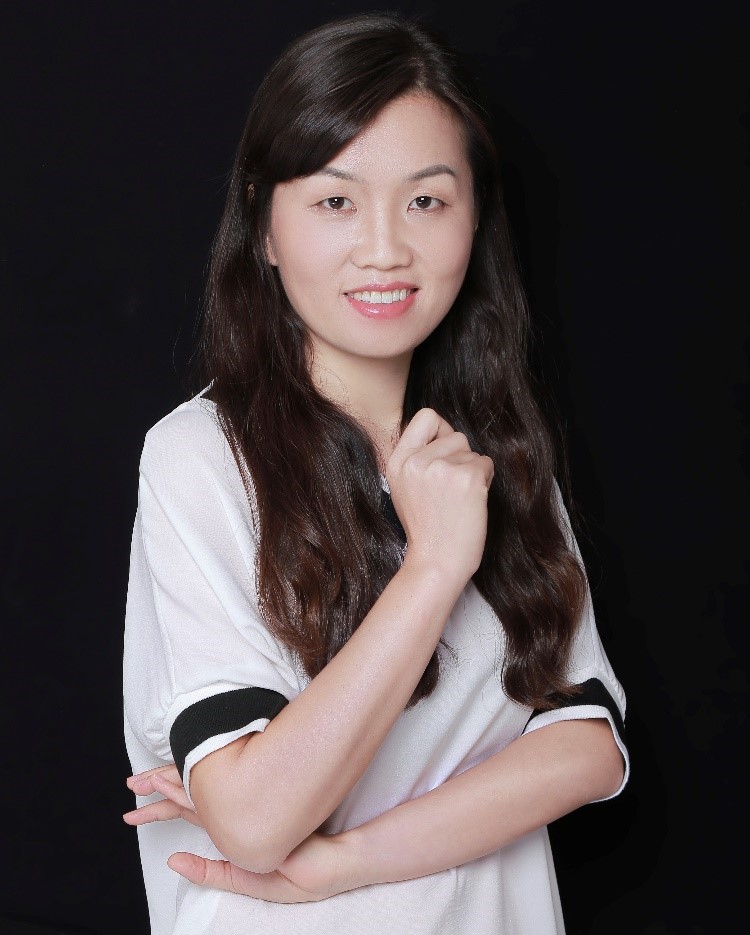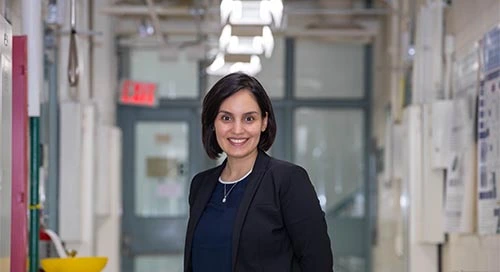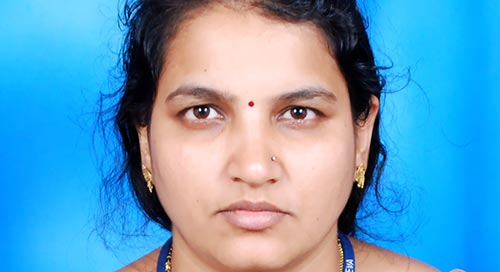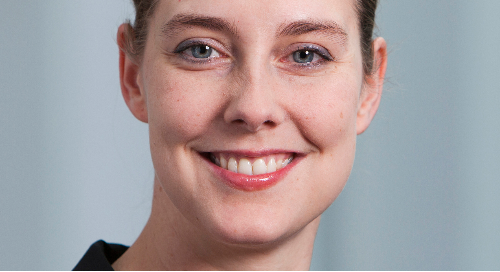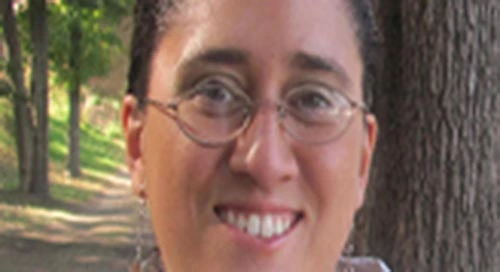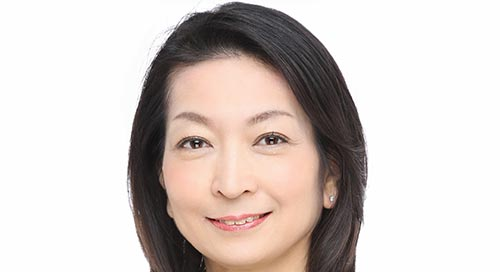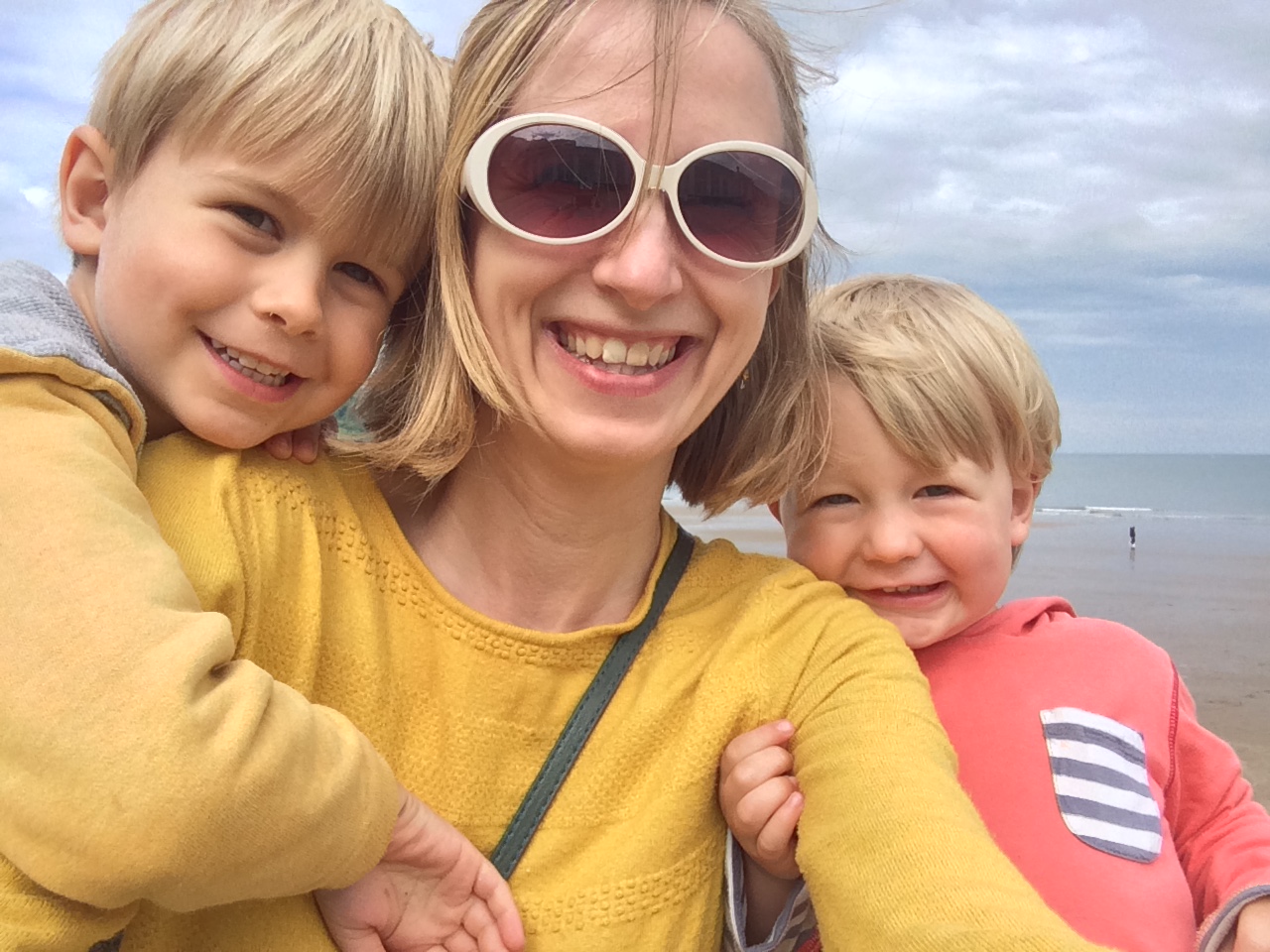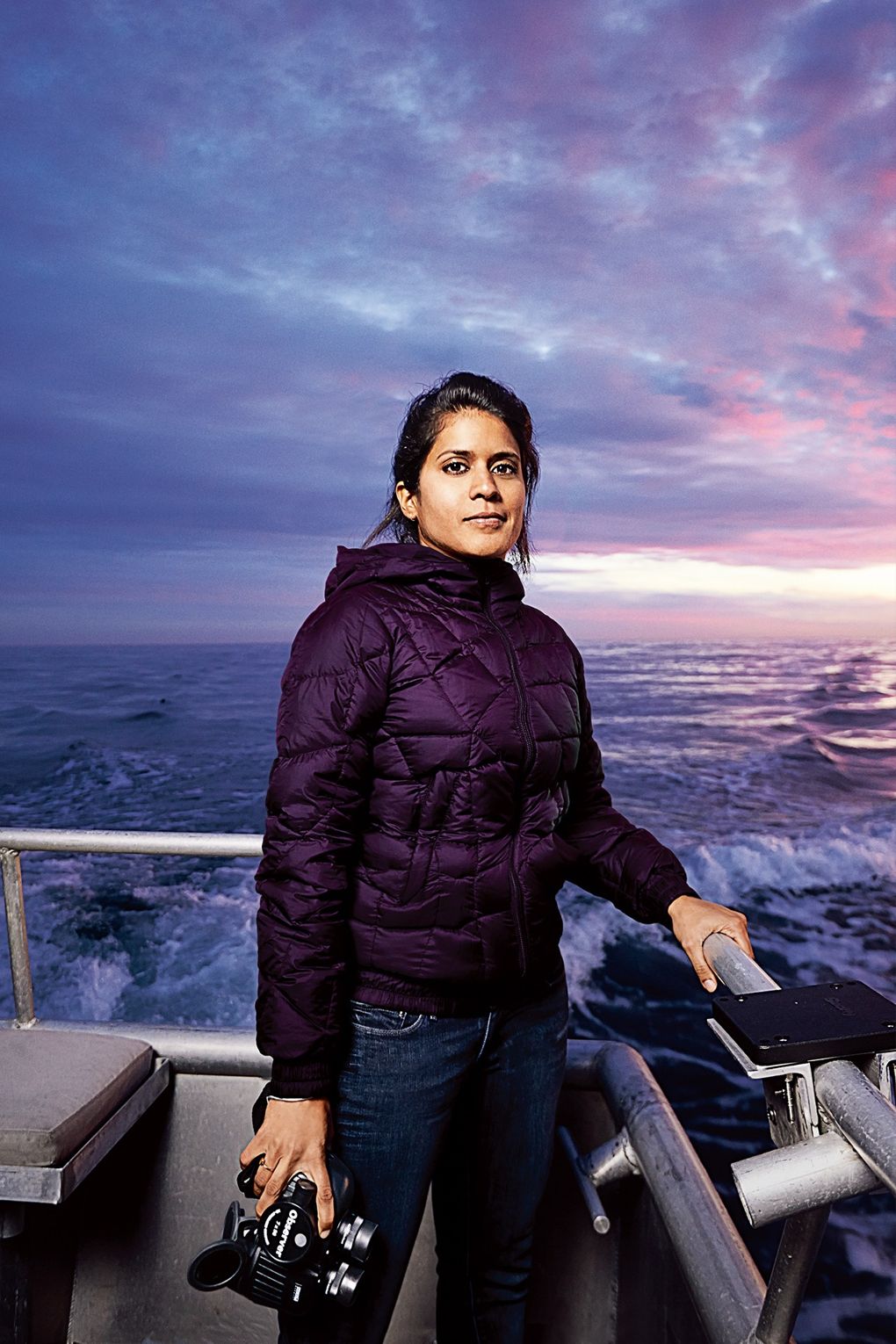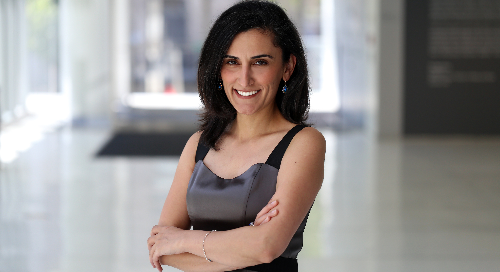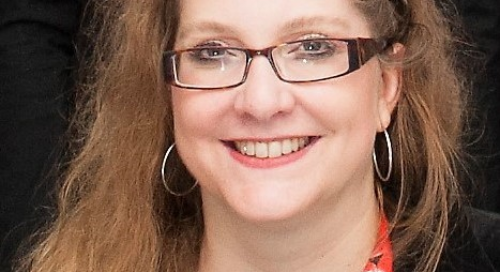meet-na-zhao
April 29, 2020
2. What are you best known for in your research community?
I think my studies on trust - I have been doing trust research with my tutor during my postdoctoral period. We argued that people display different patterns of trust with a traditional or a modern orientation. They display a higher level of calculus-based trust in modern culture and a higher level of identification-based trust in traditional culture. Maybe it’s inappropriate to say that the level of trust in China is declining, but trust has different forms at different stages.
3. What are you most excited about when thinking about the future of psychology research in China?
Social psychology - with the rapid development of China's economy, the transformation of Chinese traditional culture to modern culture, and the process of globalization, the psychology of Chinese people is undergoing subtle changes. Individual consumption forms, money concepts, decision-making behavior, interpersonal relationships and other social psychologies are particularly interesting topics in this time of change.
4. In your view, what impact will the open science agenda have on psychology research?
Open science will be very conducive to scholarly exchange across different geographical areas.
5. What advice do you have for young students interested in research in psychology?
Psychology is a science. Therefore, those interested should have a keen ability to solve interest-oriented problems, combined with real social and life problems. They should read more theory, literature, and stand on the shoulders of giants, in order to promote the development of psychology and make their own contribution to the field.
6. Apart from scientific work, what hobbies do you have? How do you balance life and work?
Apart from scientific work, I like listening to music very much, especially quiet music. I also do yoga several times a month. However, as a mother of two children, I don’t have a lot of spare time for this.


